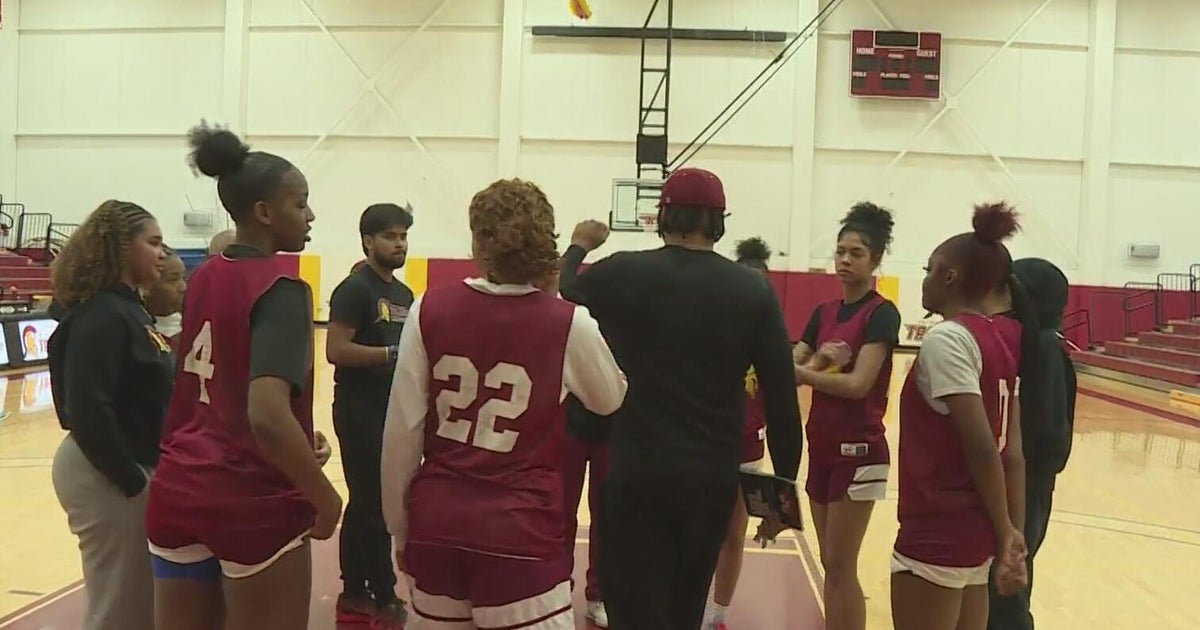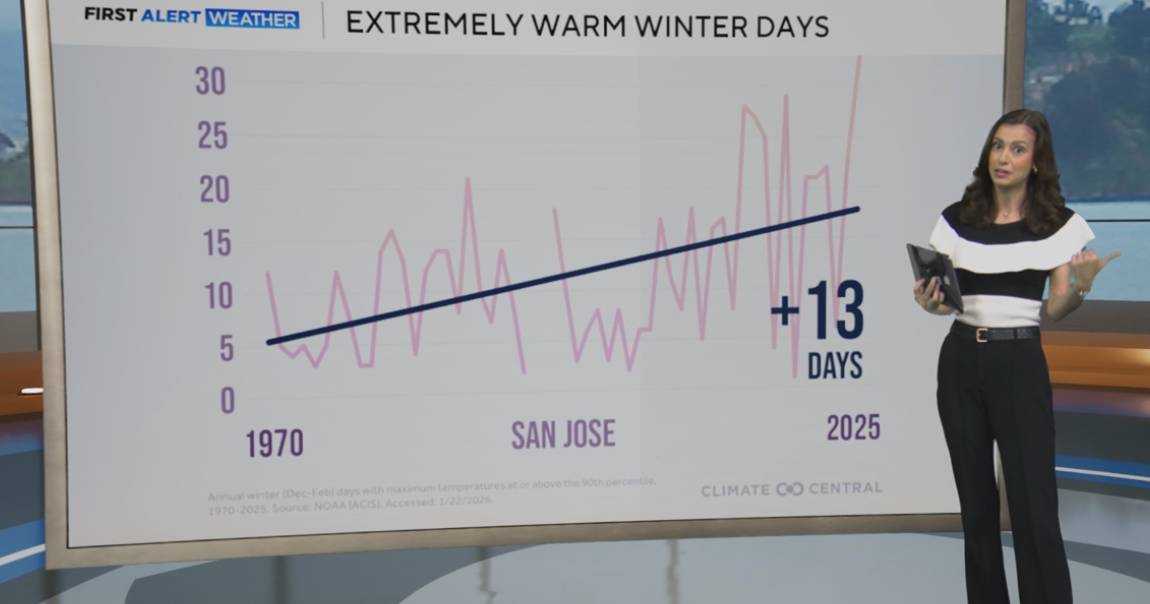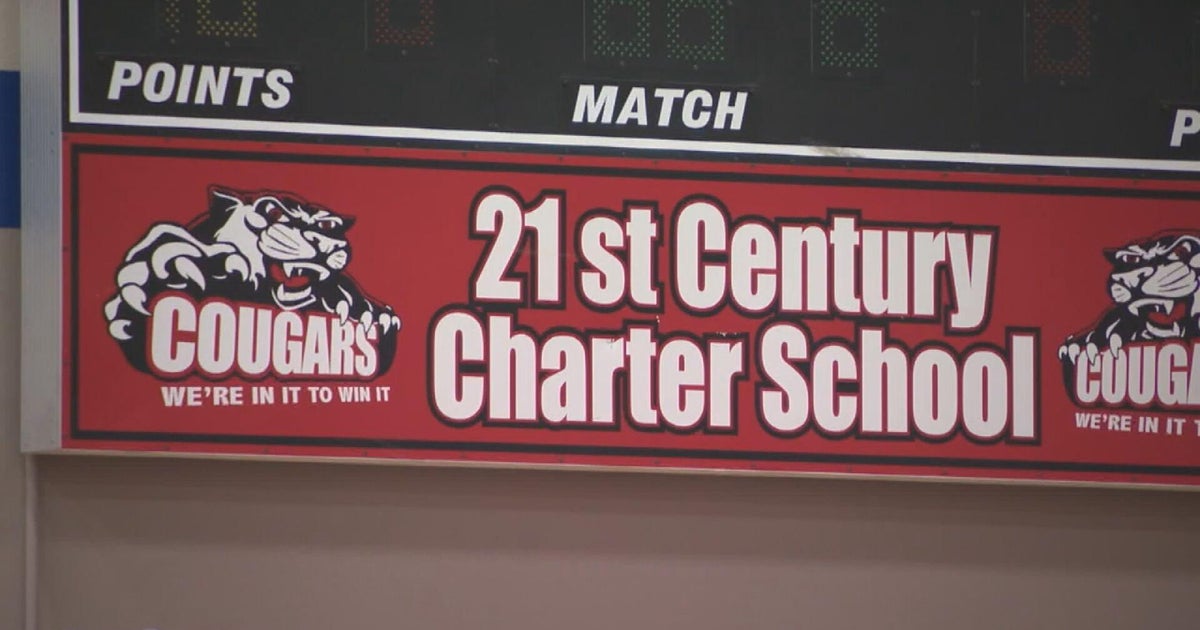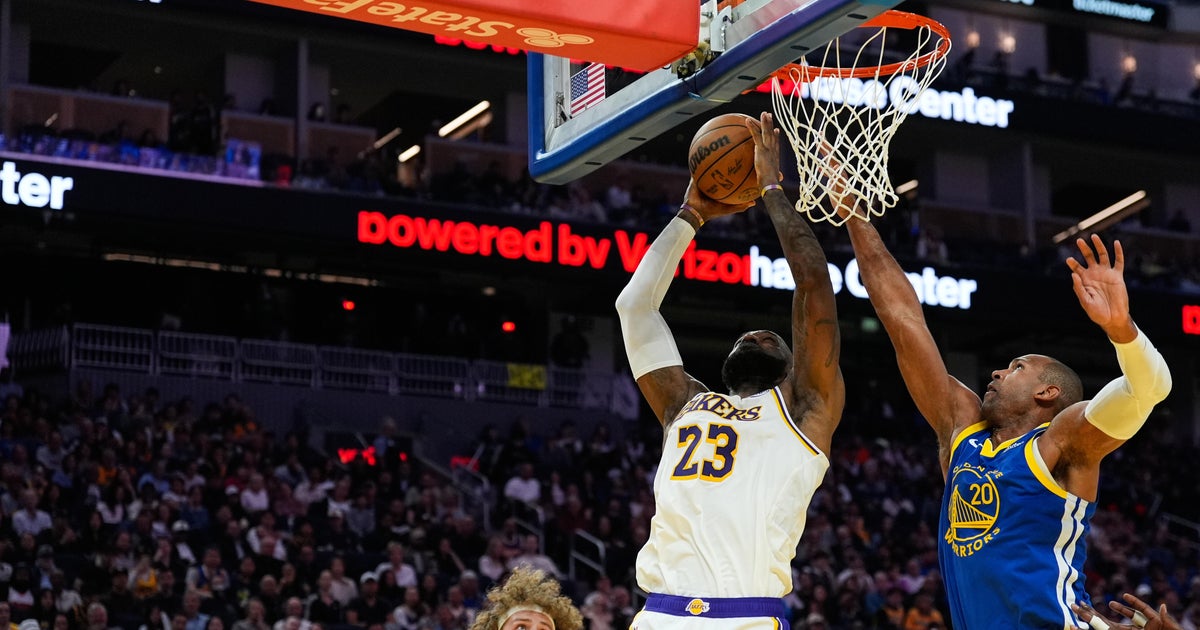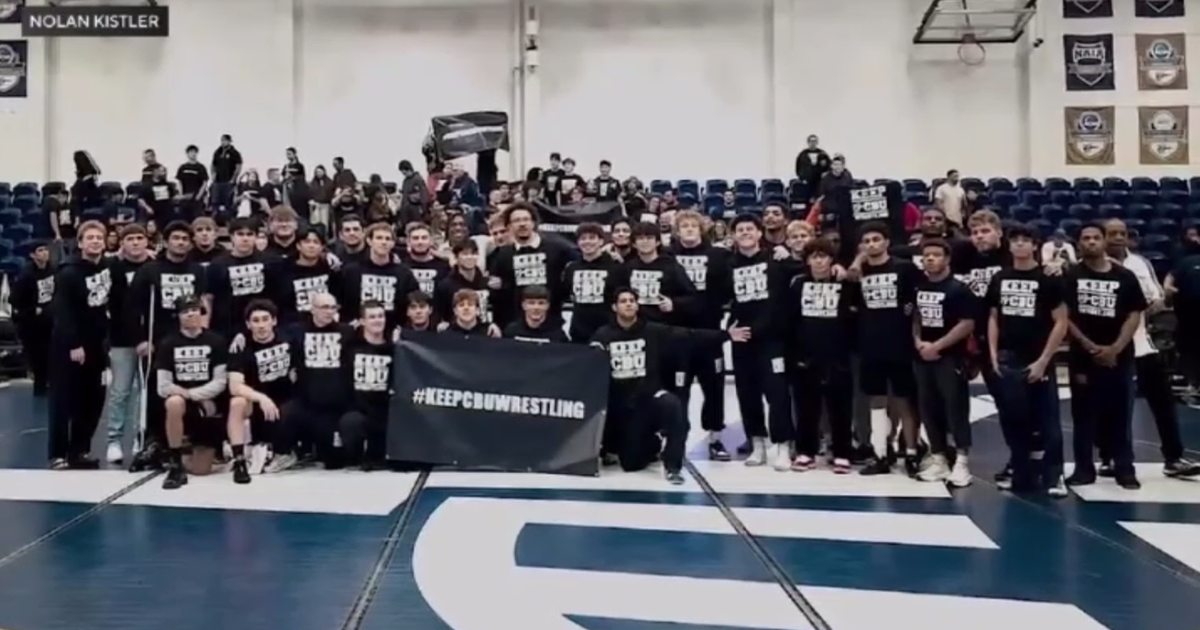Big 12 Teams Splitting $198M In Revenue
IRVING (AP) - The Big 12 Conference has gone from the brink of collapse only a few short years ago to record revenue.
Big 12 Commissioner Bob Bowlsby said Friday that the league's 10 schools will share a record $198 million for the 2012-13 school year, an amount expected to increase significantly going forward.
The eight continuing members of the Big 12 -- Baylor, Iowa State, Kansas, Kansas State, Oklahoma, Oklahoma State, Texas and Texas Tech -- will get about $22 million each this time. Newcomers TCU and West Virginia will get half-shares for 2012-13, about $11 million each from their first year in the Big 12.
"We like the amount of money that we're distributing on an institution by institution basis. There's a lot to like about our current circumstance," Bowlsby said at the end of the league's spring meetings "And I can understand some uneasiness, especially based on what has gone on the last couple of years. ... I think our league is rock-solid and we have done everything we can, in the near term and in the long term, to keep this group of 10 schools together in perpetuity. And I think we also have done that and maintained a full set of prerogatives should circumstances change in the future."
Big 12 teams shared $183 million in revenue in 2011-12, the last year in the league for Texas A&M and Missouri before their departures to the Southeastern Conference.
TCU and West Virginia will get higher percentages each of the next two years before being fully-vested Big 12 members in 2015-16, by which time Bowlsby said the league's 10 teams should be getting about $30 million each from the conference. That could reach $40 million within another decade after that over the length of the Big 12's TV contract with ESPN and Fox Sports.
And those figures don't even include third-tier broadcast rights, such as Texas' agreement with ESPN for the Longhorn Network. That 20-year, $300 million partnership between Texas and ESPN began before the 2011 football season.
The SEC said Friday that its 14 teams will get about $20.7 million each from league revenue of about $289 million.
Bowlsby's arrival as the Big 12's commissioner a year ago followed two summers of uncertainty for the 12-team league, which then lost four schools to three other conferences.
Texas and Oklahoma decided in the summer of 2010 to remain in the Big 12 after interest from the then-Pac-10 about moving them West with Oklahoma State and Texas Tech as potentially part of a 16-team league. Colorado did leave the Big 12 for the expanded Pac-12 after the 2010-11 academic year, the same time Nebraska left for the Big Ten.
The following year, the board of regents at Texas and Oklahoma took action to empower their presidents to choose a new conference home. Both obviously stayed put.
But Texas A&M, with growing discontent over the Longhorn Network and other Big 12 issues, announced in September 2011 it was going to SEC. Missouri joined them later that year.
The Big 12 countered with the additions of TCU, which had been set to move from the Mountain West to the Big East, and West Virginia left the Big East for the Big 12.
"The Big 12 payout ... even with a half a share, is much more than it was in our previous conference," West Virginia athletic director Oliver Luck said this week before the figures were announced.
Luck said West Virginia's department had about $60 million in revenue before the Big 12, and was close to $80 million this year. He sees that growing to the $100-million range in "probably a five-, six-year period."
Bill Powers, the Texas president, said he is happy about the strength of the 10-team Big 12, considering the prevailing thought of the league's instability two and three summers ago.
"I don't know if vindication is the right word, but some recognition that, as the winds were tracking to the mega-conferences and we sort of resisted it, that we made a choice that was good for the conference and (am) absolutely convinced the choice is good for the student-athlete," Powers said. "I'm proud of what the conference did on that. Pleased, but not overly surprised. "
The Big 12 last September announced a new $2.6 billion, 13-year deal with ESPN and Fox Sports. That agreement also allows the Big 12 to retain the media rights and accompanying revenue of any school that leaves the conference. There is also an upcoming signing bonus from ESPN, along with television money that will be generated through the new College Football Playoff that begins with the 2014 season. And there is the Sugar Bowl matchup against the SEC that will generate another $40 million a season for the Big 12.
Bowlsby said the Big 12 likes the nine-game conference football schedule where everybody plays each other without a championship game, and the double round-robin schedule in basketball. Plus, the TV contracts go through 2024-25, providing plenty of stability for things to remain as they are.
"Until we get to the point that some of these television contracts are starting to expire, I just don't think there's going to be much conversation about major change," Bowlsby said.
(© Copyright 2013 The Associated Press. All Rights Reserved. This material may not be published, broadcast, rewritten or redistributed.)
Also Check Out:

